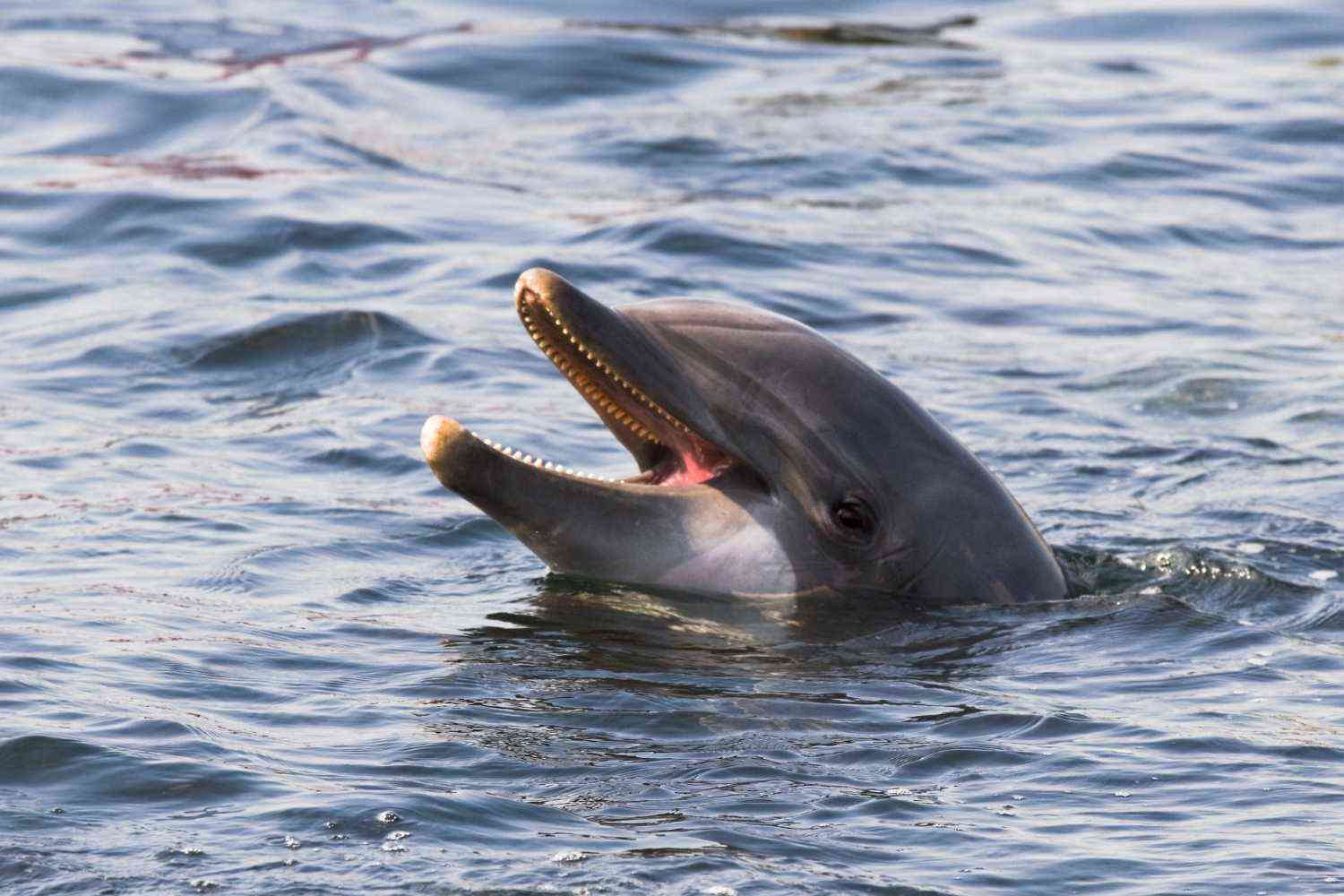Mexico is close to passing the Ley Mincho, a groundbreaking law to end dolphinariums and protect marine mammals, signaling a shift toward ethical treatment.

Mexico is on the verge of a historic transformation in its approach to marine animal rights. With the unanimous approval of the Ley Mincho by the Senate, the country could soon usher in one of the world’s most progressive marine welfare legislations.
The law, spearheaded by the NGO Animal Heroes, sets out to strictly regulate the captivity of dolphins and whales, aiming for the progressive closure of dolphinariums and the protection of the physical and mental health of these intelligent creatures.
Currently, more than 350 dolphins live in captivity across Mexico. Many of them are confined in chlorinated tanks, performing acrobatic tricks daily and engaging in constant interactions with tourists. It’s a spectacle that might look joyful on the surface, but behind the scenes it often means suffering, stress, and trauma for the animals involved.
What ley mincho really changes
The Ley Mincho lays out clear and uncompromising bans on the use and treatment of marine mammals for entertainment. Among the major provisions:
-
A ban on captive breeding, except for genuine conservation purposes. Dolphins and whales currently in captivity must be moved to sea pens — enclosures in natural marine environments — leaving behind artificial tanks.
-
No new acquisitions of marine mammals by dolphinariums. What’s in captivity now is the end of the line.
-
A total ban on performances involving dolphins, whales, and similar marine mammals, whether in permanent facilities or traveling shows, across the entire country.
-
The end of concrete tanks — animals must be moved to more natural, humane habitats.
This isn’t just about stopping the shows. It’s a shift in mentality — from spectacle to sanctuary. The law calls for the gradual dismantling of the entire marine entertainment industry, replacing it with sanctuaries where these animals can live out their lives with dignity.
And it doesn’t stop there. A new identification system for individual animals will be created, designed to prevent the illegal substitution of animals in the event of death or mistreatment — a shady practice that, according to activists, is far too common.
Penalties, transition and the political path ahead
The law is no empty statement. It includes severe penalties: violators could face fines of up to 8.4 million pesos (around $445,000). And to give dolphinariums a chance to adapt, there’s an 18-month transition period. This window is meant not only to safeguard the animals but also to protect the workers involved, allowing for retraining and structural shifts.
Even though the Senate has passed it, the Ley Mincho still awaits approval from the Chamber of Deputies before becoming law. Until then, Animal Heroes is keeping up the pressure with a vigorous social media campaign, urging citizens to contact their representatives — especially those in Quintana Roo, home to the highest concentration of dolphinariums in the country.
A future beyond entertainment
If ratified, the Ley Mincho could place Mexico at the forefront of global efforts to end the exploitation of marine mammals. It would mark the formal rejection of entertainment practices that, while once widely accepted, now clash with modern ethical standards.
As Animal Heroes puts it:
“This is not just a law. It’s a signal that Mexico is ready to choose respect over profit, and compassion over spectacle.”
Should this become law, Mexico would join a growing list of countries saying no to animal cruelty in the name of amusement — and yes to a future where all living beings are treated with care and consideration.
✨ ¡Victoria para los delfines! 💚🐬¡La Cámara de Senadores acaba de aprobar casi en su totalidad la #LeyMincho!🟢 ¿Qué…
Posted by ANIMAL HEROES on Monday, June 23, 2025
